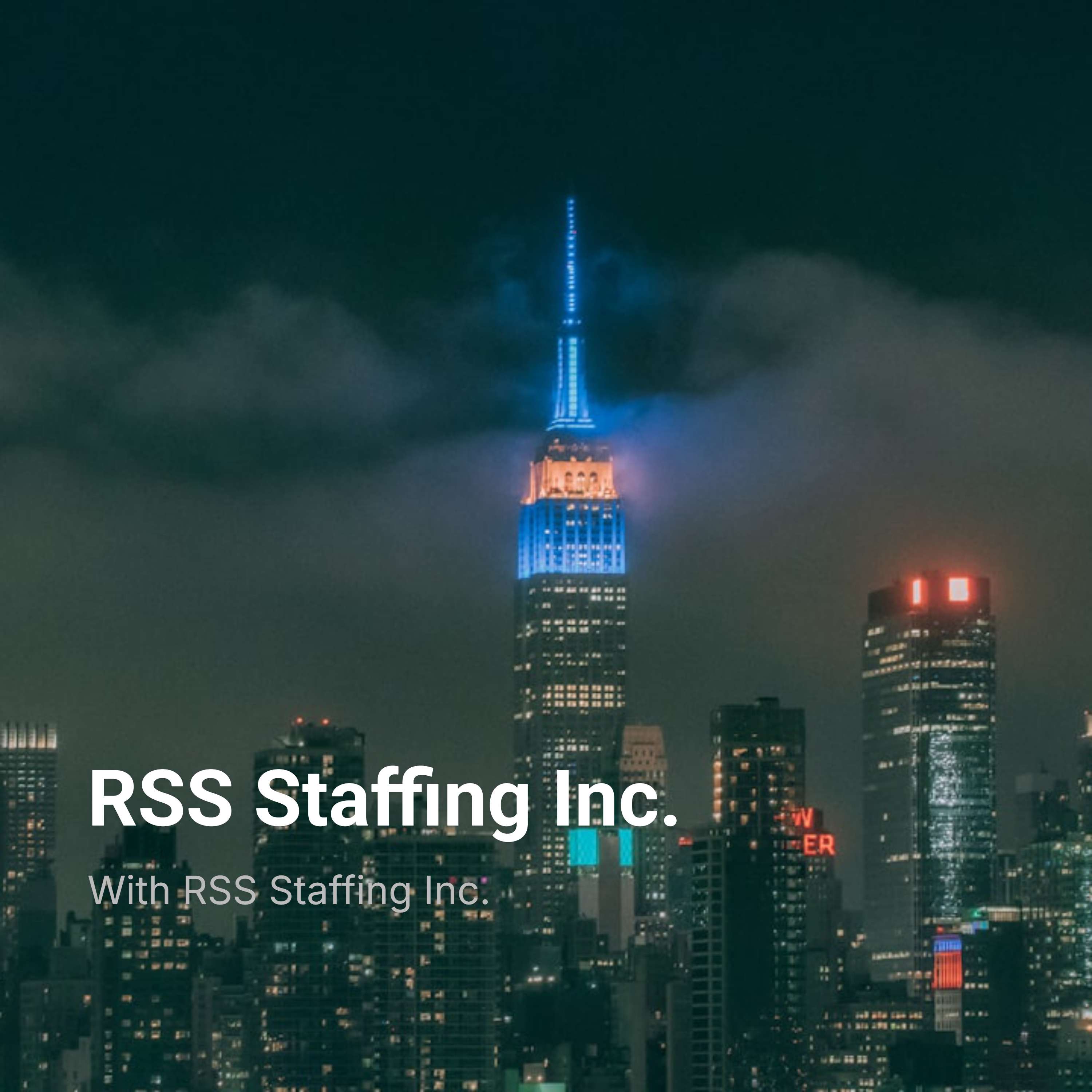The American labor market is facing a multifaceted crisis. At the intersection of aggressive deportation policies and a spike in labor strikes across critical industries lies a troubling trend: a growing inability to adequately staff operations during disruptions. As immigration enforcement actions escalate and key immigrant labor populations diminish, employers—especially those already grappling with union-led strikes—are being pushed to the brink.
The consequences extend well beyond agriculture and construction, traditionally known for heavy immigrant participation. Today, healthcare, hospitality, logistics, and even emergency services are experiencing severe disruptions due to the shrinking labor supply. The result is a labor crisis with implications not just for economic growth, but for national productivity, supply chain stability, and public safety.
The relationship between immigration enforcement and labor market volatility is not new. Historical evidence offers a clear warning.
In December 2006, Immigration and Customs Enforcement (ICE) conducted coordinated raids across six Swift & Company meatpacking plants in the Midwest. Over 1,300 undocumented workers were detained, many of whom were long-term employees. The aftermath was immediate and severe. Production dropped sharply, staffing agencies struggled to find replacements, and wages were temporarily increased to lure workers back into physically demanding roles few Americans wanted.
More recently, in 2019, Mississippi saw one of the largest single-state immigration raids in U.S. history. Nearly 700 workers were arrested across multiple poultry plants. This operation decimated entire shifts overnight, causing production delays and prompting legal and operational chaos.
Such crackdowns typically yield short-term media headlines but long-term labor scars. Industries become reluctant to hire even legal immigrants, fearing scrutiny. Workers themselves retreat from the labor market due to fear of detection. The “chilling effect” extends far beyond those directly impacted, depressing labor force participation and undercutting entire regional economies.
In 2025, a resurgence in deportation-focused policy has reignited workforce anxieties, particularly among industries already weakened by COVID-era attrition, aging demographics, and a tight labor market.
New policies have not only increased physical deportations but also sharply curtailed Temporary Protected Status (TPS) and asylum access. The revocation of TPS for hundreds of thousands of workers from countries like Venezuela, Haiti, and Nicaragua has pulled critical labor resources out of the economy. These individuals were concentrated in high-strike industries such as agriculture, construction, hospitality, and home healthcare.
Unlike previous years where administrative discretion slowed deportation actions, current enforcement efforts include workplace audits, E-Verify mandates, and state-level partnerships with federal immigration agencies. As a result, undocumented and TPS-holding workers are exiting the labor force either through forced removal or voluntary withdrawal due to fear.
This has created a unique problem: when organized labor movements go on strike, employers can no longer rely on the historical “reserve army” of immigrant labor to step in and keep operations moving.
No sector has been hit harder than agriculture, particularly in fruit and vegetable farming. Many farms depend heavily on H-2A visa holders and undocumented workers, especially in peak harvest seasons. With raids increasing and a 30% drop in new visa approvals since late 2024, strike actions among domestic workers are colliding with a lack of available replacements.
This was most evident in California’s Central Valley in early 2025, when a coalition of farmworkers staged walkouts to demand higher pay and protections from heat exposure. Normally, growers would look to hire replacements quickly. This year, they could not. Crops went unharvested, and perishable food losses ran into the millions.
Construction firms, particularly in Texas, Arizona, and Florida, are experiencing cascading delays. Strikes among heavy equipment operators and cement truck drivers have compounded the effects of immigration raids, which have removed thousands of day laborers and subcontractor crews.
Projects tied to federal infrastructure funding are now under scrutiny for failure to meet timelines. Without a reliable pipeline of replacement workers, some firms are beginning to offer signing bonuses and housing stipends just to fill basic laborer positions. However, these incentives are proving insufficient against the backdrop of fear permeating immigrant communities.
The healthcare industry is facing dual threats: burnout-driven strikes by nurses and caregivers, and a declining pool of foreign-born workers in support roles. Many home health aides, hospital janitors, and patient transporters are immigrants, some without permanent legal status. With deportation fears spreading and pathways to legalization narrowing, providers are struggling to maintain service levels during labor actions.
In states like New York and Illinois, where caregivers staged rolling strikes over low wages and unsafe working conditions, many facilities could not bring in temporary replacements. Staffing agencies reported a 45% decline in candidate availability for short-term assignments compared to 2022.
Workers in hotels, restaurants, and food processing facilities have become increasingly active in labor organizing. At the same time, ICE enforcement has expanded to include audits of food service companies, particularly those involved in institutional catering and event venues.
In April 2025, a weeklong strike by hotel housekeeping staff in Las Vegas left properties scrambling to find replacements. But the usual go-to pool of immigrant temp workers was unavailable due to heightened immigration enforcement in Nevada. Some casinos were forced to close blocks of rooms and cancel events.
As e-commerce continues to surge, warehouse and logistics facilities have become vital nodes in the national economy. Many have been targets of labor disputes over grueling shifts and algorithm-based productivity quotas.
Simultaneously, undocumented and migrant workers make up a large share of this workforce, particularly in sorting and shipping operations. Deportations and increased workplace scrutiny have left warehouses under‑resourced. Strike actions at fulfillment centers in New Jersey and California in early 2025 were exacerbated by an absence of strikebreakers—formerly sourced through staffing agencies that now fear liability under new federal enforcement guidelines.
One short-term effect of the dual crisis has been wage inflation. With employers unable to fill critical roles during strikes, some are offering $25–$35 per hour for traditionally low-wage jobs. While this may benefit some domestic workers in the short run, it also risks accelerating price increases across consumer goods, services, and housing construction.
Supply chain stability is also under threat. Without adequate staffing during labor actions, backlogs are growing in ports, distribution centers, and farm-to-market pipelines. This raises the possibility of product shortages and delivery delays—especially for essential goods like food and medicine.
The labor crisis is fueling political polarization. Business groups are pressuring Congress for immigration reform focused on labor market needs, including expanded guest worker programs and legal status for undocumented workers in critical sectors.
Meanwhile, labor unions are split. Some see immigrant workers as vital allies in the fight for better conditions. Others fear that restoring immigrant labor pools without parallel labor protections could weaken strike leverage.
Policymakers remain gridlocked. While enforcement policies tighten, no comprehensive labor-immigration reform has passed in over two decades. The result is a patchwork system that cannot withstand systemic shocks—such as a mass deportation wave during peak strike season.
Faced with chronic understaffing, some companies are accelerating investment in automation. From robotic fruit pickers to autonomous warehouse forklifts, employers are attempting to future-proof operations. However, adoption remains uneven and costly, and many jobs—particularly in caregiving—resist automation due to their human-centered nature.
With the labor supply constrained, employers are finding themselves in weaker negotiating positions during strikes. This has led to faster settlements in some cases, with unions winning wage gains and safety concessions that would have been unlikely just a few years ago.
However, where negotiations break down, the inability to backfill striking positions leaves companies exposed. This is especially true in union-dense regions like the Northeast and West Coast, where labor solidarity remains strong.
Some employers are shifting strategies to develop local pipelines of workers. This includes partnerships with community colleges, trade schools, and reentry programs for formerly incarcerated individuals. While promising, these efforts take time to scale and cannot immediately replace the scale of the immigrant workforce that has been disrupted.
Without urgent policy action, the current dynamic could evolve into a prolonged national labor crisis. Deportations show no signs of slowing, while labor organizing gains momentum. The result is a workforce stretched thin, with no safety valve.
To stabilize the system, coordinated strategies are required:
Absent these reforms, the U.S. risks permanent staffing volatility across essential sectors, weakened economic growth, and deepening social division.
Why are deportations causing staffing challenges during strikes? Because many industries rely heavily on immigrant workers—both documented and undocumented. When these workers are deported or leave due to fear, employers cannot find replacements during labor actions.
What industries are most affected? Agriculture, construction, healthcare, hospitality, and logistics are among the hardest hit, as they are both labor-intensive and immigrant-dependent.
Can automation solve these problems? In some areas, automation helps—but in caregiving, skilled trades, and certain food production tasks, human labor remains essential.
What is the solution? A coordinated policy response that includes labor rights protection, immigration reform, and workforce investment is needed to address this systemic challenge.

Contingency staffing has become a cornerstone of workforce management in industries where demand can spike unexpectedly, skilled labor must be deployed quickly, or business...

Communication as the Cornerstone of Continuity When a labor strike looms, communication becomes the single most decisive factor in how an organization weathers the...

CNC Operators are primarily responsible for running CNC machines. This involves loading parts into the machine, starting the machine, and overseeing the machining process...